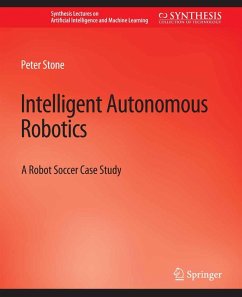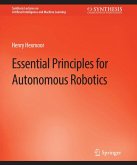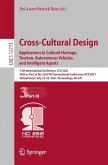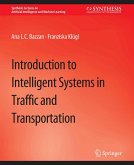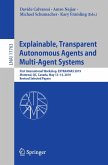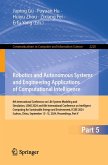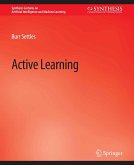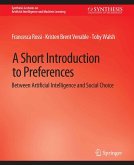Robotics technology has recently advanced to the point of being widely accessible for relatively low-budget research, as well as for graduate, undergraduate, and even secondary and primary school education. This lecture provides an example of how to productively use a cutting-edge advanced robotics platform for education and research by providing a detailed case study with the Sony AIBO robot, a vision-based legged robot. The case study used for this lecture is the UT Austin Villa RoboCup Four-Legged Team. This lecture describes both the development process and the technical details of its end result. The main contributions of this lecture are (i) a roadmap for new classes and research groups interested in intelligent autonomous robotics who are starting from scratch with a new robot, and (ii) documentation of the algorithms behind our own approach on the AIBOs with the goal of making them accessible for use on other vision-based and/or legged robot platforms.
Dieser Download kann aus rechtlichen Gründen nur mit Rechnungsadresse in A, B, BG, CY, CZ, D, DK, EW, E, FIN, F, GR, HR, H, IRL, I, LT, L, LR, M, NL, PL, P, R, S, SLO, SK ausgeliefert werden.

